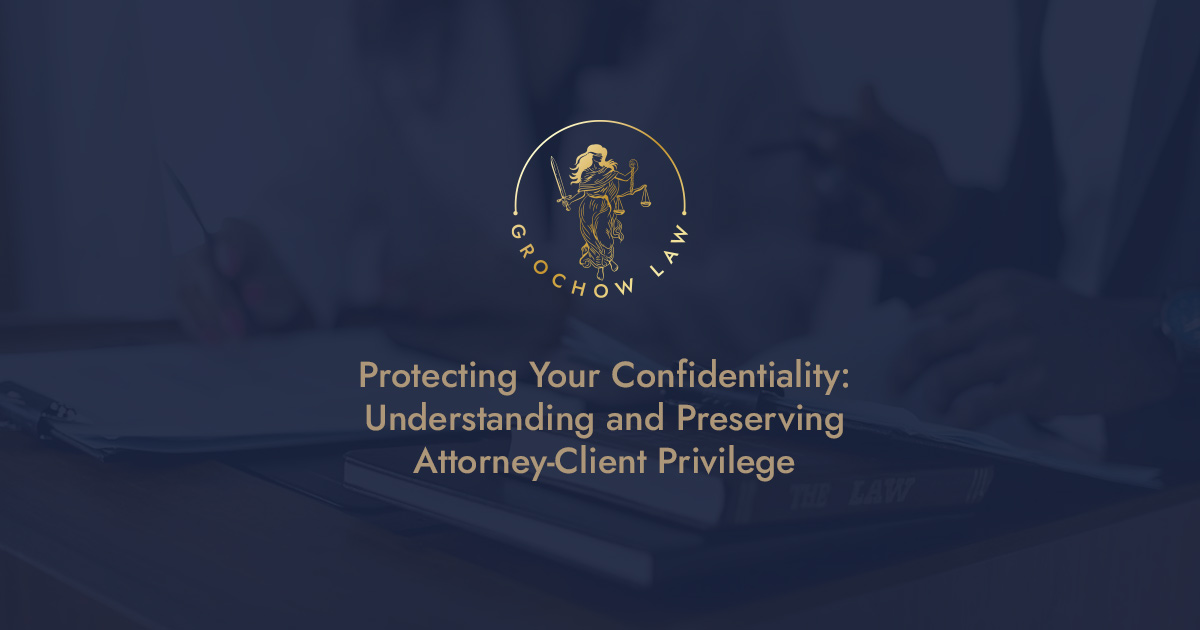What Is Attorney-Client Privilege?
Attorney-client privilege is a fundamental legal protection that ensures open and honest communication between clients and their lawyers. This privilege safeguards confidential discussions, preventing attorneys and clients from being compelled to disclose private client information in legal proceedings. It allows clients to seek legal advice without fear that their statements may be used against them in court.
However, attorney-client privilege is not absolute—it can be waived, sometimes unintentionally, by the client. Once privilege is lost, sensitive information may become accessible to opposing parties, potentially harming a client’s legal position.
How Clients Can Avoid Waiving Privilege
Clients must take caution to avoid actions that could inadvertently waive their attorney-client privilege. Common mistakes that can jeopardize privilege include:
- Discussing case details with third parties – Sharing legal information with friends, family, or business partners can strip communications of their protected status.
- Using work or public email accounts – Employer-provided email accounts are typically not private and may be subject to review.
- Posting on social media – Even seemingly harmless comments about a case could be used as evidence against you.
- Forwarding attorney communications – Sending legal advice to others, including co-workers or business associates, can waive privilege.
The Risks of AI and ChatGPT: A New Challenge for Confidentiality
In the digital age, artificial intelligence (AI) tools like ChatGPT have become widely used for answering legal questions and providing general guidance. However, clients must be extremely cautious—using AI platforms to seek legal advice or discuss case details poses a significant risk to attorney-client privilege.
Why AI Tools Are a Threat to Confidentiality
- No Privilege Protection – AI platforms, including ChatGPT, are not bound by attorney-client privilege. The information you share with an AI tool is not legally protected.
- Data Storage and Potential Disclosure – AI models process and store user input, which may be subject to future review or discovery in litigation.
- Unreliable Legal Advice – AI-generated responses are not a substitute for professional legal counsel and may provide inaccurate or misleading information.
Our Firm’s Recommendation: Avoid AI for Legal Matters
To safeguard your confidentiality and legal strategy, our firm strongly advises against using ChatGPT or other AI-driven platforms to discuss case details or seek legal guidance. Any information shared with AI could become accessible to opposing parties, compromising your litigation strategy and weakening your legal position.
If you have any questions or concerns about your case, always consult directly with your attorney. Protecting your legal rights starts with preserving confidentiality—your trusted legal counsel is the only source of privileged, strategic advice tailored to your specific situation.
By: Celine Torres
This post is an advertisement. Any comments provided do not create an attorney-client relationship.

